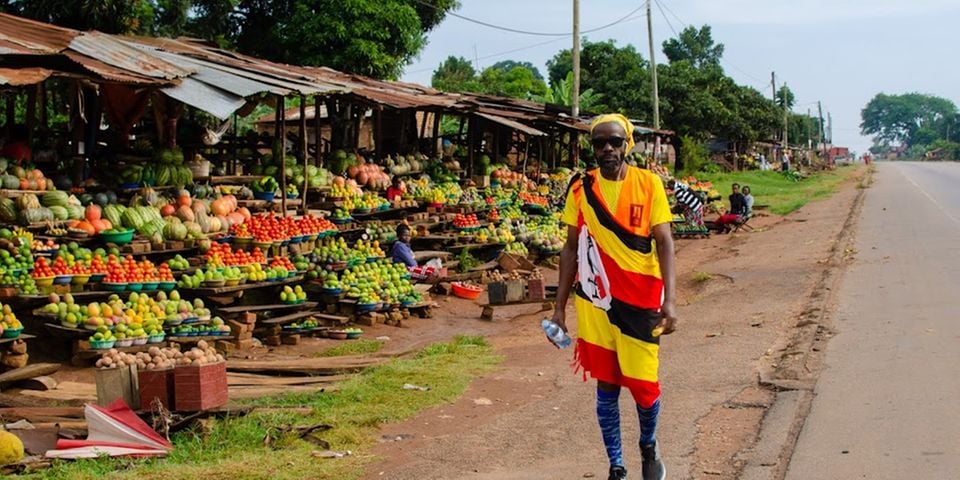Prime
Remember those souls, take stock and do better

Ayub Ahmed
What you need to know:
The roads are safe for us, let us not be unsafe on them
On March 10, after 11 days of trekking 340.2 km, Joseph Beyanga, the Head of radio at KFM and Dembe FM, posted a photo on his Twitter page, hands triumphantly raised and supporting his exhausted body on the road sign screaming his home town – Bushenyi! With his signature smile of a man that appreciates the goodness of life, Joe Walker, as he referred to himself, had completed his walk from Kampala to Bushenyi, a trek we keenly followed and cheered on social media under the hashtag #StayInYourLane with a sign off ‘Safe Roads, Save Lives.’
Joe was not walking to win a wager and neither was he a man on a wild goose chase.
He was a man on a mission - tired of the madness, the inconsiderate use of the roads, the total disregard of human value and life, as we enjoy the social amenity of our road’s infrastructure in Uganda.
Joe walked not for Johnny Walker social indulgence, but this middle-aged man was raising awareness of a big problem in Uganda. Scores of people are lost on the roads under the English noun accidents.
Mr Beyanga wanted us to be better road users by remembering those lives we have lost and change to protect the lives that continue to walk, ride or drive on these roads.
The Uganda National Roads Authority (Unra) is required to construct roads, which are safe for Ugandans. Thus, the engineering must meet the minimum safety standards and all the infrastructure that is commissioned for use must be maintained to meet the required safety standards.
According to the road design engineers, road safety engineering is a process, based on analysis of road and traffic related accident information, which applies engineering principles in order to identify road design or traffic management improvements that will reduce the number and severity of road accidents in the most cost-effective manner. They also put it that making the road network safer through engineering measures offers the most effective way of reducing collisions in the short to medium term by tackling problems in the road environment directly and by seeking to counter or reduce the scope for inappropriate road user behavior.
Under these circumstances, road engineering essentially involves Accident Investigation (AI) – a reactive process involving hotspot investigation and analysis of collision and casualty statistics and trends, and identifying locations that show higher than average collision rates. Accident Reduction (AR) – a process to make a judgement as to whether any of the causation factors highlighted within an existing known pattern, can be addressed through safety engineering remedial measures, and thus help to reduce the collision frequency. It also includes Accident Prevention (AP) where a road safety engineer then follows the AI and AR process by devising an effective road safety strategy/plan and danger reduction plans, as well as advising on road safety education, training and publicity. The road safety engineer also implements best practice in AP through the process of road safety auditing, which is a proactive process.
In a press conference on September 26, 2022, Traffic Police spokesperson Faridah Nampiima revealed something very worrying. She said between September 18 and 24, police registered 398 accident crashes of which 66 were fatal, 206 serious and 126 minor accidents. The major cause of these accidents included reckless driving, speeding and failure to respect road signs.
As we remember the victims of road accidents over the years, let it not be that the blessings given to us become the grim reaper that robs the joy we are supposed to celebrate with these gifts.
Behaviour change is the deal maker. Protect our road infrastructure, observe traffic regulations and exercise patience and put our wits to actual use for humanity. The roads are safe for us, let us not be unsafe on them.
Mr Ayub Ahmed works with Uganda National Roads Authority




